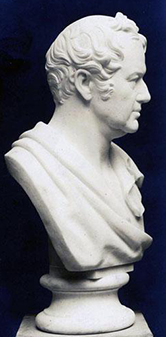
State v. Manuel, argued before the North Carolina Supreme Court in 1838, was the first case to decide that a free black person was a citizen of the state. The case was initiated in Sampson County, where William Manuel, a manumitted enslaved person, was convicted of assaulting a white man and fined $20. Since Manuel did not have the money to pay the fine, the court determined that the sheriff of Sampson County "should hire out the defendant to any person who would pay the said fine for his services for the shortest space of time."
Manuel's attorney appealed to the state supreme court on the grounds that state law permitted a debtor to plead "insolvency from imprisonment for debt" and thus be free to find employment and pay off the debt on his own. Manuel did not have this option. In the court's opinion, written by William Gaston, the defendant had not been allowed to declare insolvency because of the color of his skin, a justification that violated the guarantees of the state constitution. The 18-page opinion discussed the history and demise of the concept of imprisonment for debt, whether a fine was in fact a debt, the nature of citizenship in the British Empire and the United States, the purposes of constitutional government, and the rights and duties of citizens under a constitution.
Although Manuel still had to pay the fine for his crime, the North Carolina Supreme Court decision permitted him to declare insolvency. More important, as a free black, he was legally a citizen of the state and thus could not be denied any rights guaranteed under the constitution.